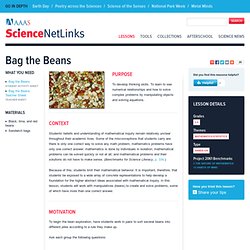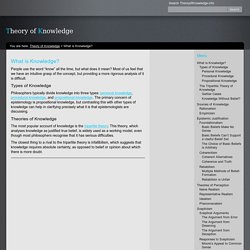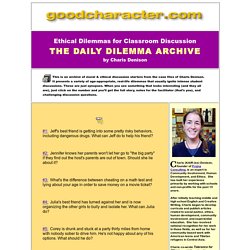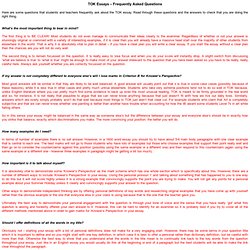

Bag the Beans. Purpose To develop thinking skills.

To learn to see numerical relationships and how to solve complex problems by manipulating objects and solving equations. Context Students' beliefs and understanding of mathematical inquiry remain relatively unclear throughout their academic lives. Some of the misconceptions that students carry are: there is only one correct way to solve any math problem; mathematics problems have only one correct answer; mathematics is done by individuals in isolation; mathematical problems can be solved quickly or not at all; and mathematical problems and their solutions do not have to make sense. Because of this, students limit their mathematical behavior. Motivation To begin the bean exploration, have students work in pairs to sort several beans into different piles according to a rule they make up.
Ask each group the following questions: How many piles of beans did you make? Have students group the beans according to a different rule and ask the same questions. Theory of Knowledge » What is Knowledge? People use the word “know” all the time, but what does it mean?

Most of us feel that we have an intuitive grasp of the concept, but providing a more rigorous analysis of it is difficult. Types of Knowledge Philosophers typically divide knowledge into three types: personal knowledge, procedural knowledge, and propositional knowledge. The primary concern of epistemology is propositional knowledge, but contrasting this with other types of knowledge can help in clarifying precisely what it is that epistemologists are discussing. Theories of Knowledge The most popular account of knowledge is the tripartite theory. The closest thing to a rival to the tripartite theory is infallibilism, which suggests that knowledge requires absolute certainty, as opposed to belief or opinion about which there is more doubt. Philosophy Experiments. Gensler's Philosophy Web-Exercises. Legal Ethics Forum. Applied Ethics Resources on World Wide Web.
Ethical Dilemmas Archive. #1: Jeff's best friend is getting into some pretty risky behaviors, including dangerous drugs.

What can Jeff do to help his friend? #2: Jennifer knows her parents won't let her go to "the big party" if they find out the host's parents are out of town. Should she lie about it? #3: What's the difference between cheating on a math test and lying about your age in order to save money on a movie ticket? #4: Julia's best friend has turned against her and is now organizing the other girls to bully and isolate her. TOK Essays – Frequently Asked Questions. TOK Essays – Frequently Asked Questions Here are some questions that students and teachers frequently ask about the TOK essay.

Read through these questions and the answers to check that you are doing the right thing. What’s the most important thing to bear in mind? The first thing is to BE CLEAR! Most students do not even manage to communicate their ideas clearly to the examiner. The second thing is to remain focussed on the question. If my answer is not completely different to everyone else’s will I lose marks in Criterion B for Knower’s Perspective?
Most good answers will be similar in that they are likely to be well balanced. So in this sense your essay might be balanced in the same way as someone else’s but the difference between your essay and everyone else’s should be in exactly how you strike that balance, exactly which discriminations you make. How many examples do I need? In terms of number of examples there is no set answer. How important is it to talk about myself? Ethics Updates Home Page. Moral theory; relativism; pluralism; religion; egoism; utilitarianism; deontology; duty; human rights; anti-theory; gender; race; multiculturalism;.